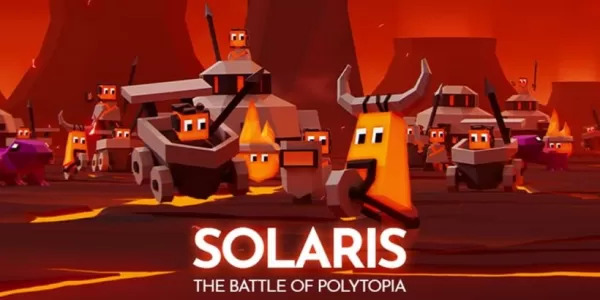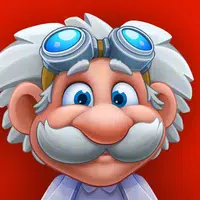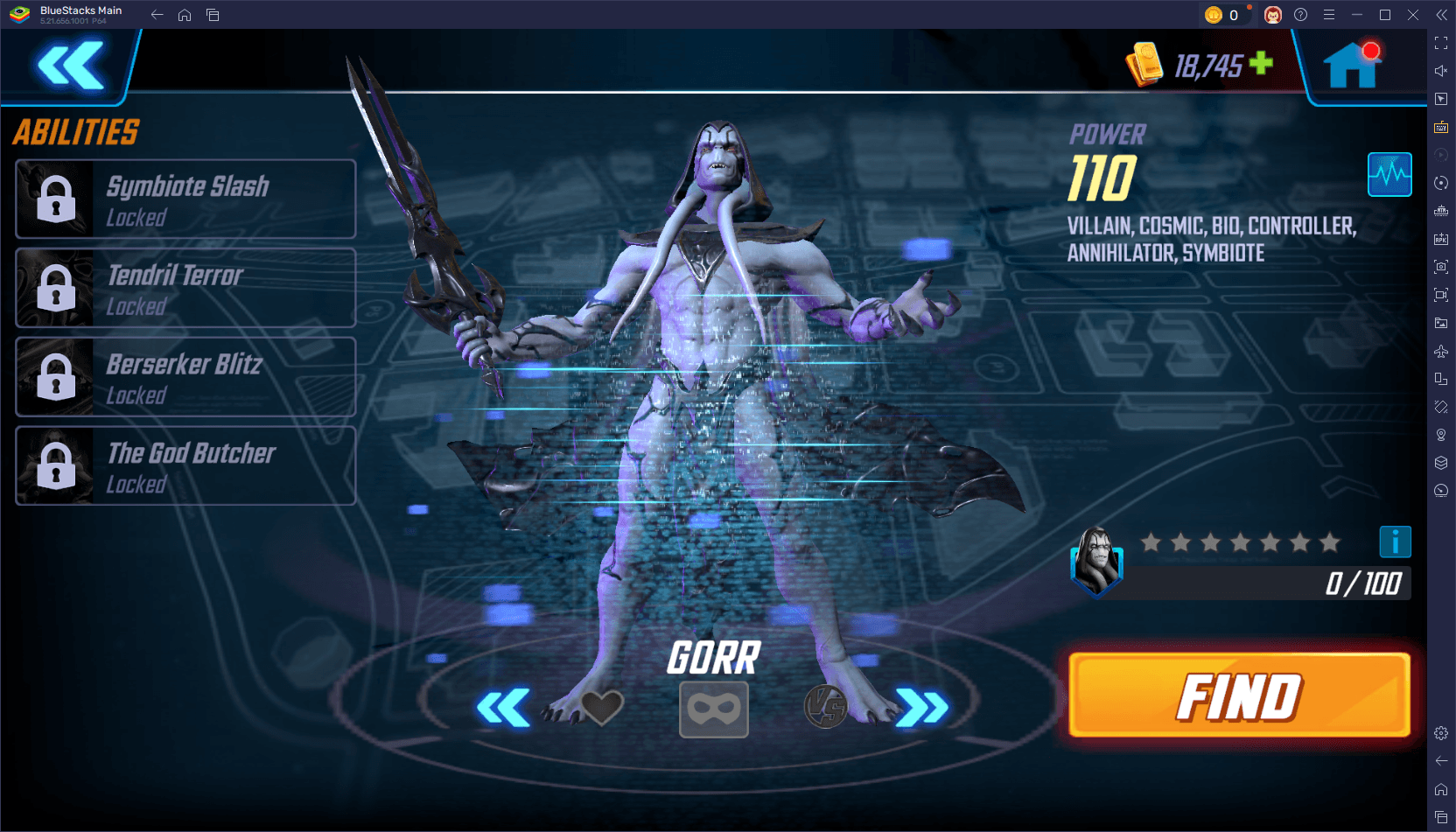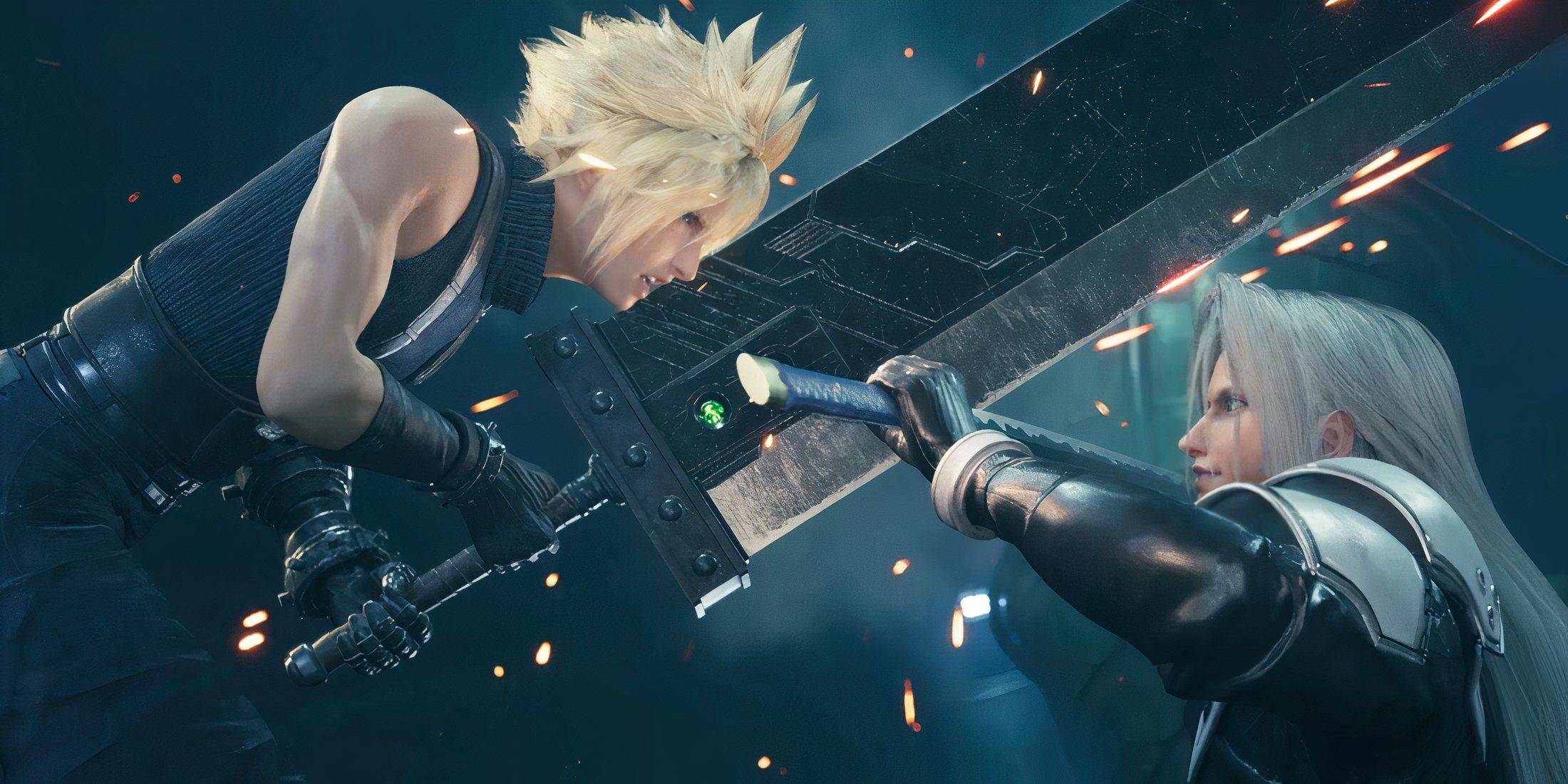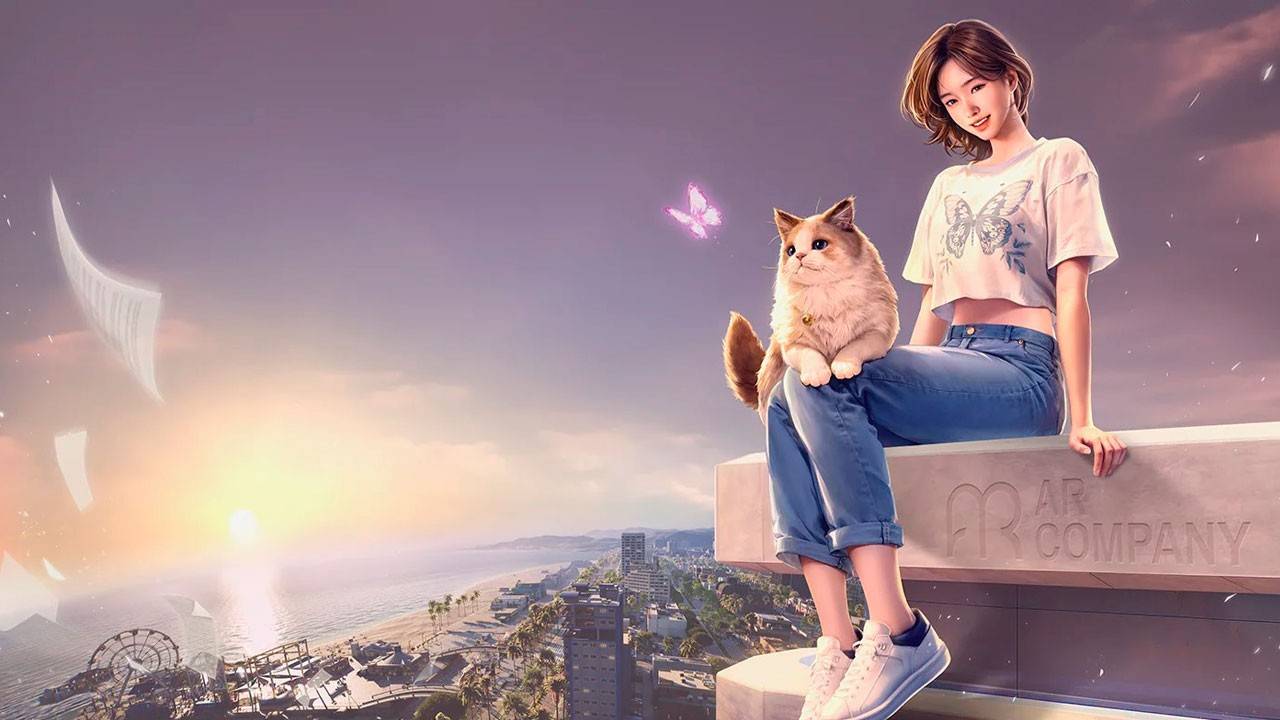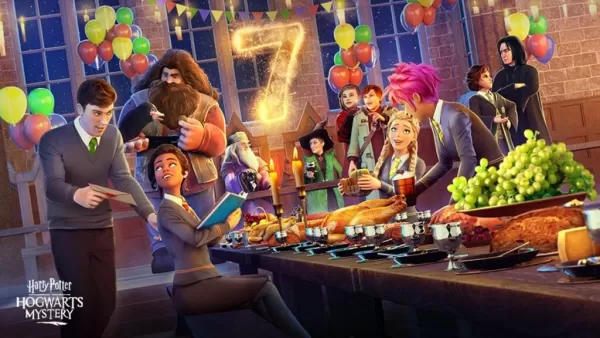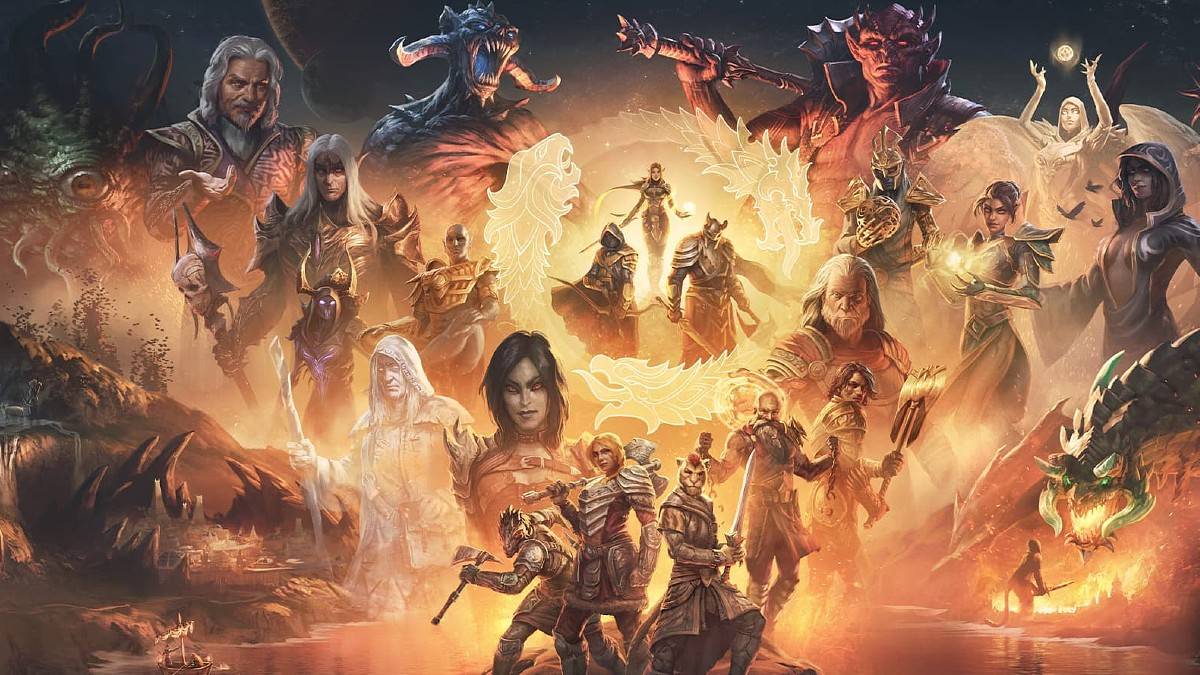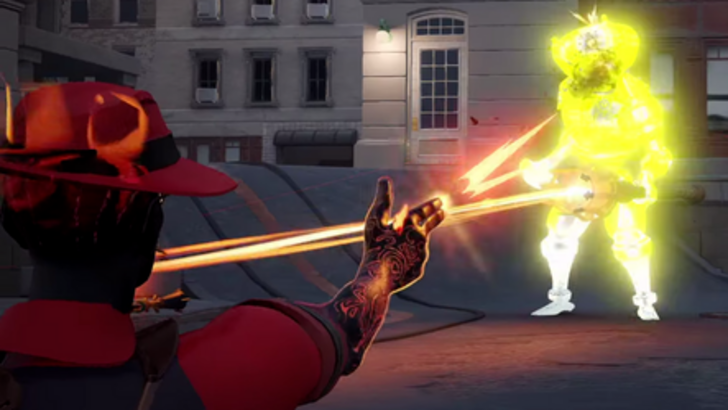
Valve's upcoming MOBA-hero shooter, Deadlock, recently overhauled its matchmaking system, employing an algorithm surprisingly sourced from ChatGPT. This revelation, shared by Valve engineer Fletcher Dunn on X (formerly Twitter), highlights the evolving role of AI in game development.
ChatGPT's Role in Deadlock's Matchmaking Overhaul
Dunn's Twitter thread detailed how ChatGPT suggested the Hungarian algorithm as a solution for Deadlock's matchmaking challenges. This followed significant player criticism of the previous MMR system, with many reporting imbalances and mismatches in skill levels. Reddit threads showcased widespread dissatisfaction, with players citing consistently uneven teams and frustrating gameplay experiences.
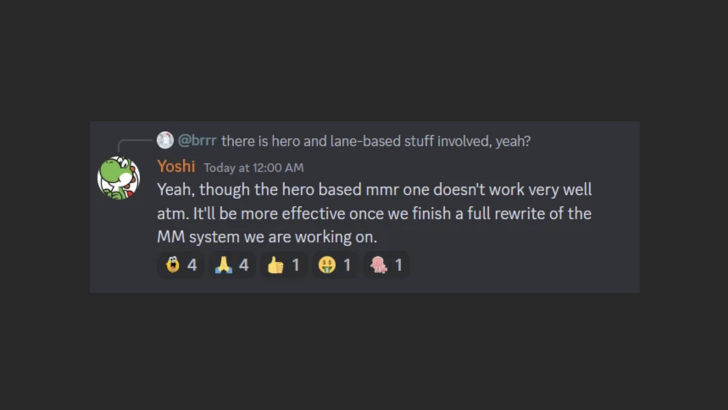
The Deadlock team acknowledged these concerns, previously announcing a complete matchmaking system rewrite. Dunn's use of ChatGPT accelerated this process, leading to the implementation of the Hungarian algorithm. He expressed both excitement and reservation about this achievement, noting that while ChatGPT proved incredibly useful – to the point of having a dedicated, permanently open browser tab for it – it also potentially reduces human interaction in problem-solving. This sparked a debate online, with some expressing skepticism about AI replacing programmers.
The Hungarian algorithm, as explained by Dunn's interaction with ChatGPT, addresses scenarios where only one party (e.g., a player) has preferences, optimizing matches in a bipartite system. This contrasts with traditional algorithms that might consider both sides' preferences equally.
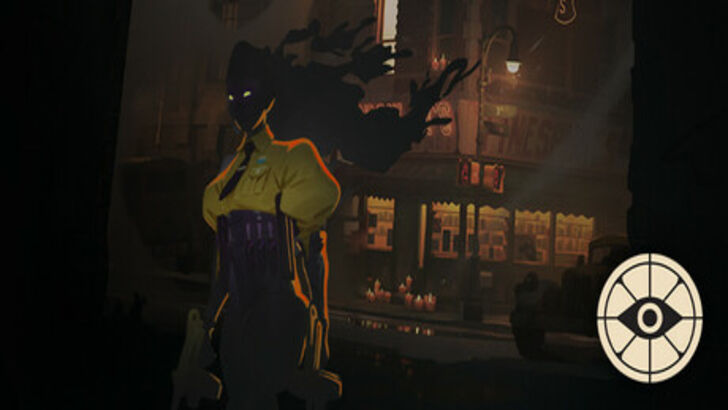
Mixed Reactions and Future Outlook
Despite the improvements, some Deadlock players remain unconvinced, expressing ongoing frustration with the matchmaking. Negative feedback on Dunn's tweets reflects this ongoing dissatisfaction.
However, Game8 maintains a positive outlook on Deadlock's potential, anticipating a compelling release. Further details on our playtest experience can be found [link to article].





